Swiss authorities allowed isopropanol exports to Syria
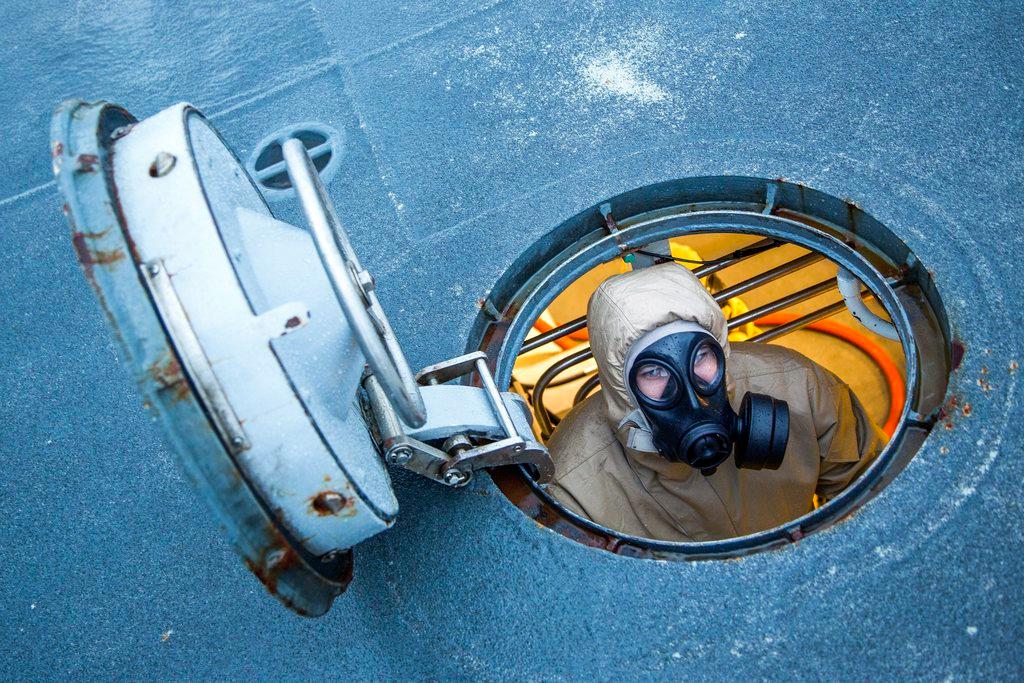
Switzerland authorised the export to Syria of five metric tons of the chemical isopropanol in 2014, which can be used to make sarin gas, Swiss public television, RTS, reports.
The Organization for the Prohibition of Chemical Weapons (OPCW) announced in May 2014 that Syria had destroyed its stock of 120 metric tons of isopropanol. However, six months after the elimination of the stock, a Swiss firm was able to export five metric tons of isopropanol to Syria without any opposition from the Swiss authorities, RTS reported on TuesdayExternal link.
The State Secretariat for Economic Affairs (SECO) told RTS that the client was “a private Syrian pharmaceutical firm” and that there was “no indication that it had links to the Syrian regime at the time, nor today”.
Isopropanol, more commonly known as rubbing alcohol, is found in disinfectants, cleaning agents, paints and varnishes, but it is also a major component of the type of gas used in recent suspected chemical attacks by the Assad regime.
The European Union has imposed ever-tighter sanctions on the regime of Syrian President Bashar al-Assad, including on the export of several chemicals. Isopropanol, or isopropyl alcohol, came under EU sanctions in July 2013. However, the Swiss authorities did not add it to its own list of banned products.
SECO told RTS that Switzerland “has fully adopted European sanctions against Syria” but that “in certain cases measures… are regulated differently, for example via the law on the control of goods”.
“These products… did not need an authorisation in Switzerland at the time,” said SECO, which did not oppose their export, as there were no indications in 2014 that these deliveries might be used for a weapons programme.
However, SECO said such exports would “probably be blocked” today in view of concerns over chemical weapons use in Syria.
According to Swiss public television, SRF, the president of the Senate Security Policy Commission has called for the affair to be clarified.
Chemical weapons attacks
Chemical weapons have killed hundreds of people since the start of the conflict in Syria, with the United Nations blaming four attacks on the Syrian government and a fifth on the Islamic State group. The latest attack on April 7 in the Damascus suburb of Douma killed at least 40 people and has been widely blamed on the Syrian government, which has denied responsibility. Last week the United States, Britain and France decided to strike Syria for its apparent use of chemical weapons
Reports of the use of sarin date back to 2013. The Syrian government and opposition traded accusations over a gas attack on March 19, 2013, that killed some 26 people in the town of Khan al-Assal in northern Syria. A UN investigation later found that sarin nerve gas was used, but did not identify a culprit.
In 2014, the Organization for the Prohibition of Chemical WeaponsExternal link said it had removed the last of the Syrian government’s dangerous chemical stockpiles. Various reports continue of chemical weapons being used in SyriaExternal link.
In September 2017, UN war crimes investigators formally blamed the Syrian government for a sarin attack on the town of Khan Sheikhun in April that killed at least 83 people and wounded another 300. The Assad government has repeatedly denied using chemical weapons.
Main isopropanol exporters
UN trade statistics show that Switzerland and Belgium are the only European countries to have exported isopropanol to Syria since the purported destruction of its stocks. The other main suppliers are Lebanon, the United Arab Emirates and South Korea.
Belgian authorities are currently investigatingExternal link whether three companies might have been involved in the illegal export to Syria of 168 tons of isopropanol and other products.
The case against the companies is to come to court in Antwerp on May 15 and centres on whether and how illegal products were exported between 2014 and 2016 despite the sanctions against the Assad regime.

In compliance with the JTI standards
More: SWI swissinfo.ch certified by the Journalism Trust Initiative











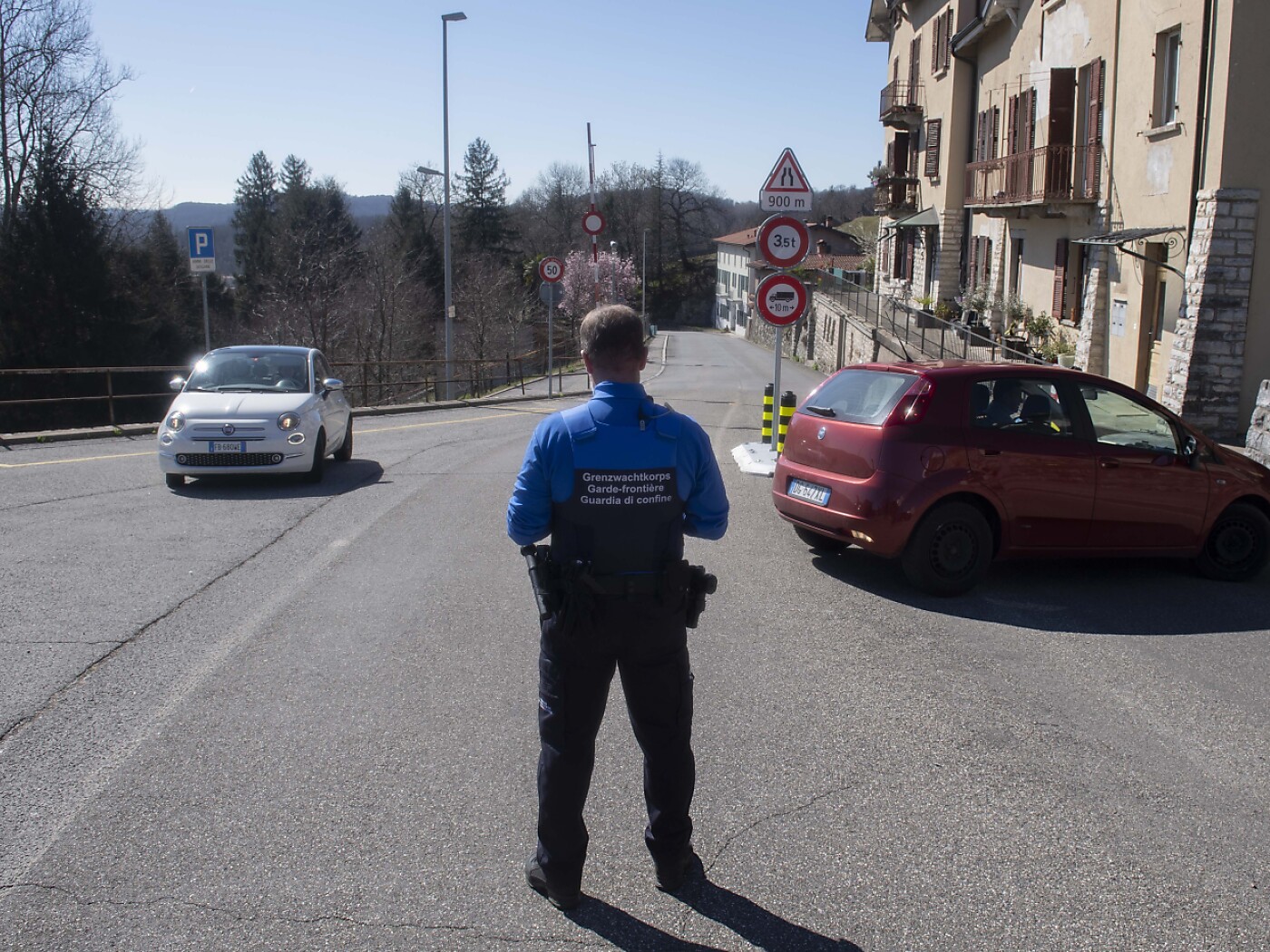
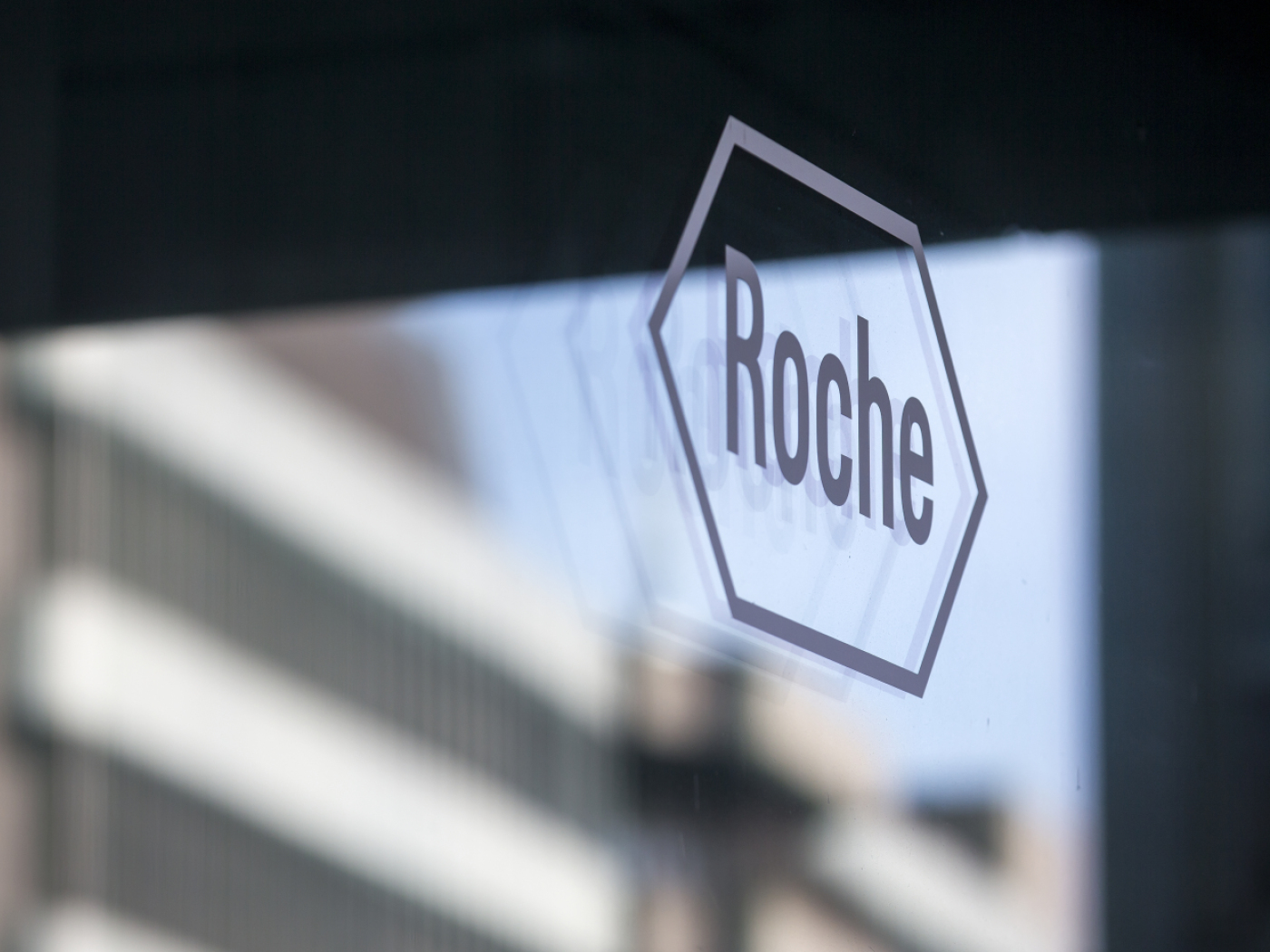





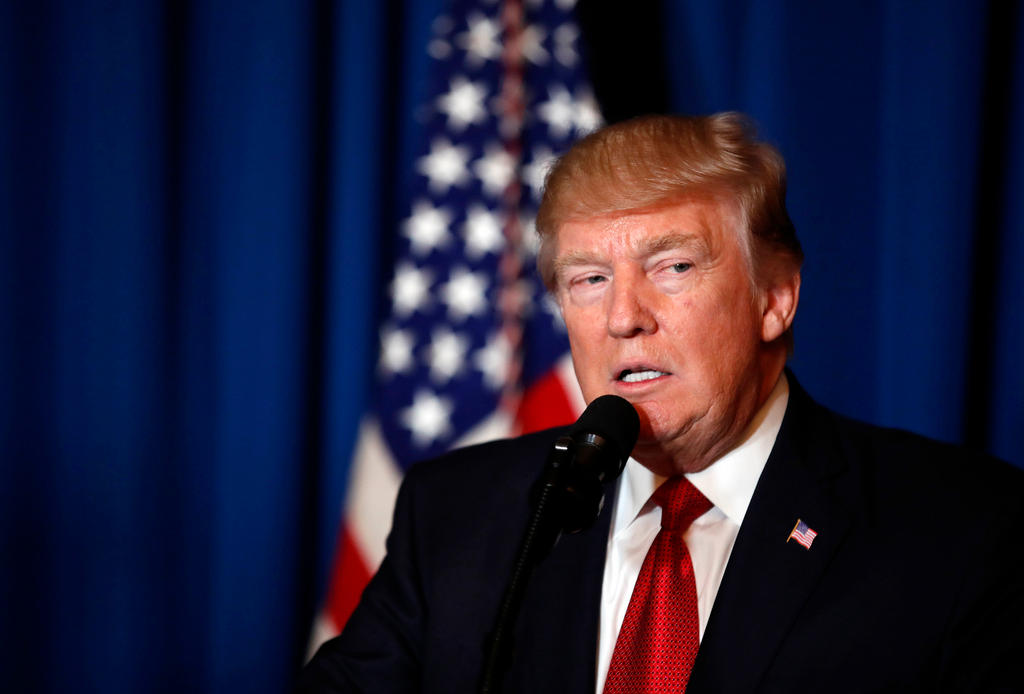
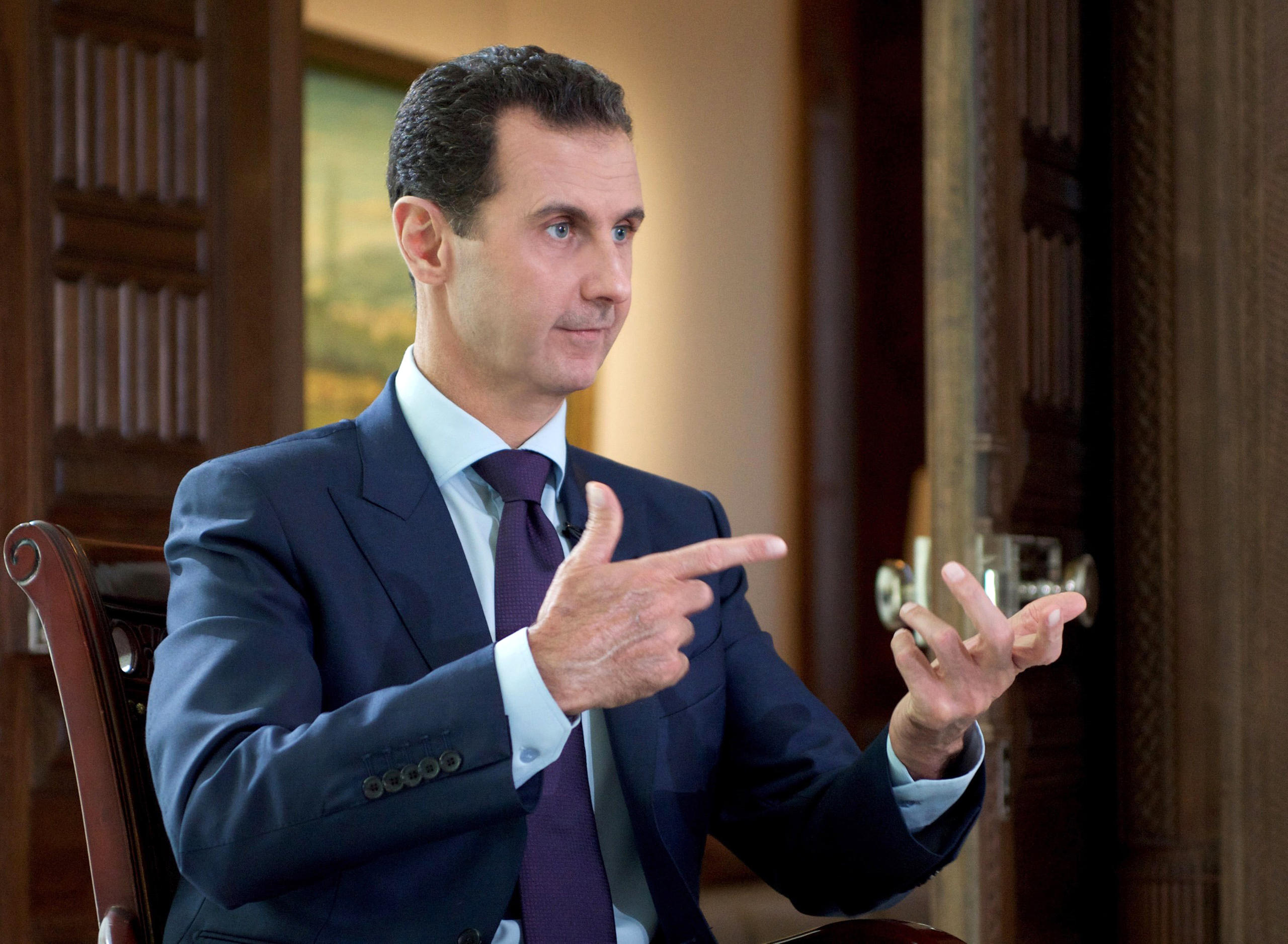

You can find an overview of ongoing debates with our journalists here . Please join us!
If you want to start a conversation about a topic raised in this article or want to report factual errors, email us at english@swissinfo.ch.